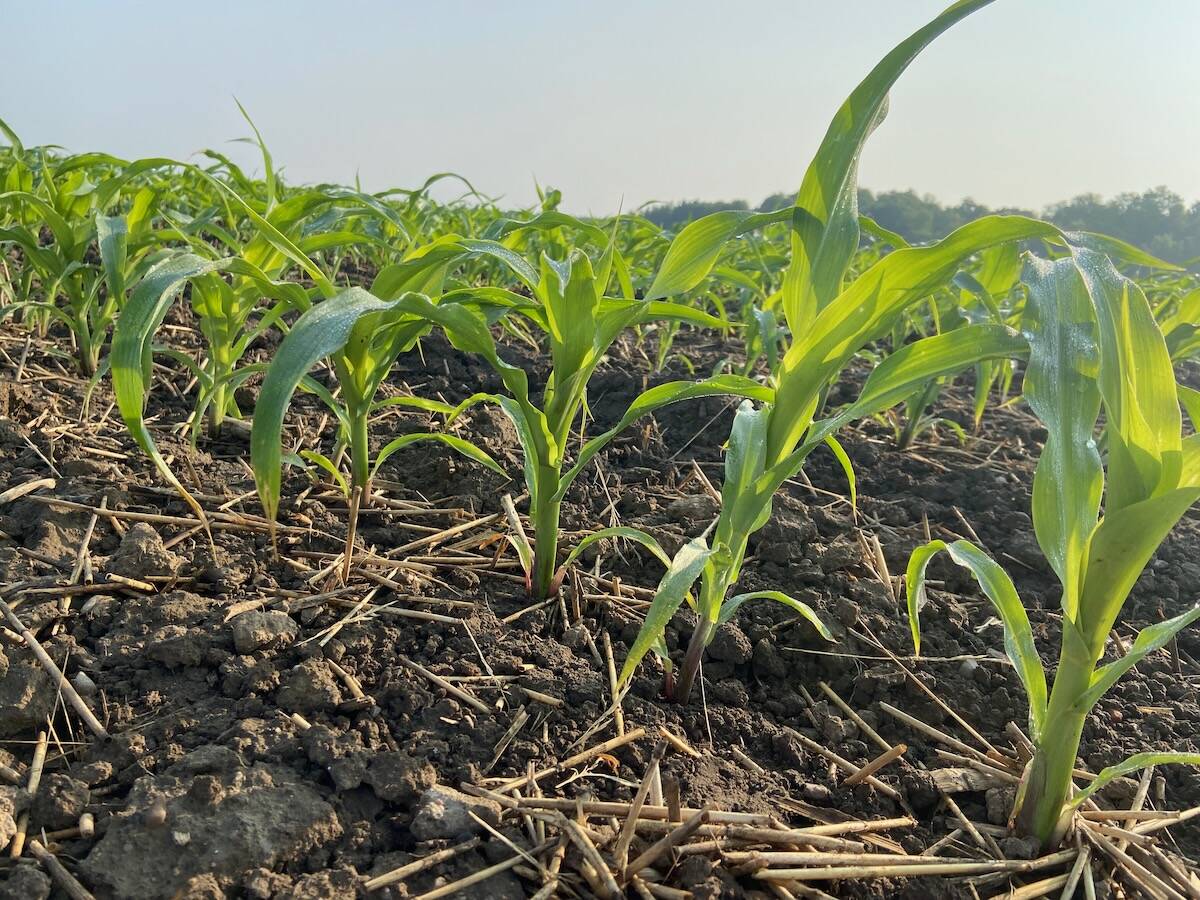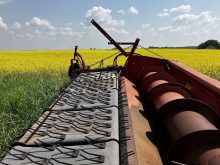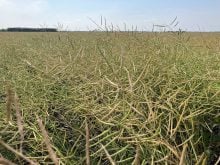Rising demand for oil due to the biofuel market will likely swallow any influx American winter canola might produce, experts say.
“I think we’ll need all the supply that we can get,” said Curtis Rempel, vice-president of crop production and innovation with the Canola Council of Canada.
Why it matters: Winter canola is being promoted in the U.S. and is gaining a foothold in southern Ontario, but it’s unlikely to budge canola’s market realities in Western Canada.
Read Also

Can we trust the USDA crop data anymore?
Indications that farmers, analysts and traders have started to lose trust in data from the United States Department of Agriculture are hardly a surprise.
In mid-March, Corteva, Bunge and Chevron announced they were collaborating to develop a proprietary winter canola hybrid for the southern United States. The hybrid could be grown in a double-crop system, the news release said, and would be used for renewable fuel production.
Now in its pilot phase, the program is targeting “a select group of farmers who have experience in double-cropping systems in Louisiana, Tennessee and Mississippi,” a Corteva spokesperson told the Co-operator.
Corteva believes there’s potential to grow up to 10 million acres in the southern U.S. within seven to nine years, according to an article published by The Western Producer. That would be nearly half of Canada’s current canola acreage.
However, increased biofuel production is creating demand for more vegetable oils, said Barry Prentice, professor of supply chain management at the University of Manitoba.
In early March, Bloomberg reported that North America’s biofuel boom was set to drive a shortage of vegetable oils, exacerbated by dips in production from factors like the ongoing war in Ukraine. The article cited supplies so low that biofuel producers were willing to source feedstock from used cooking oil.
“I think we’ll see pretty good strong prices for canola going forward because of this demand,” Prentice said.
Skepticism
It’s not a foregone conclusion that winter canola will be successful in the southern U.S., Rempel said.
Winter canola has high yield potential but it can also be a bust. Canola in general also has high moisture demands, leading to questions on its viability in a double-crop system. Rempel said he suspects agronomists are still working that out.
Agricultural subsidies in the U.S. and EU are other wild cards. Because winter crops keep soil covered, they could hit the “regen ag button,” prompting governments to incentivize it, Rempel said. That could make up for unimpressive yields.
In the meantime, biofuel demands are feeding ongoing debate over the ethics of using food crops as fuel.
The same Bloomberg article cited German analyst Thomas Mielke, who predicted that vegetable oil production in 2023 would slow, leading to a potential deficit later this year. Mielke expressed concern that biofuel targets surpass what the global market for oils and fats can supply.
In the case of supply shortage, he said, food consumers should not be the only ones bearing the impact.
However, energy and fuel are also a key priority for consumers, Rempel said, suggesting the food versus fuel debate will subside.
















